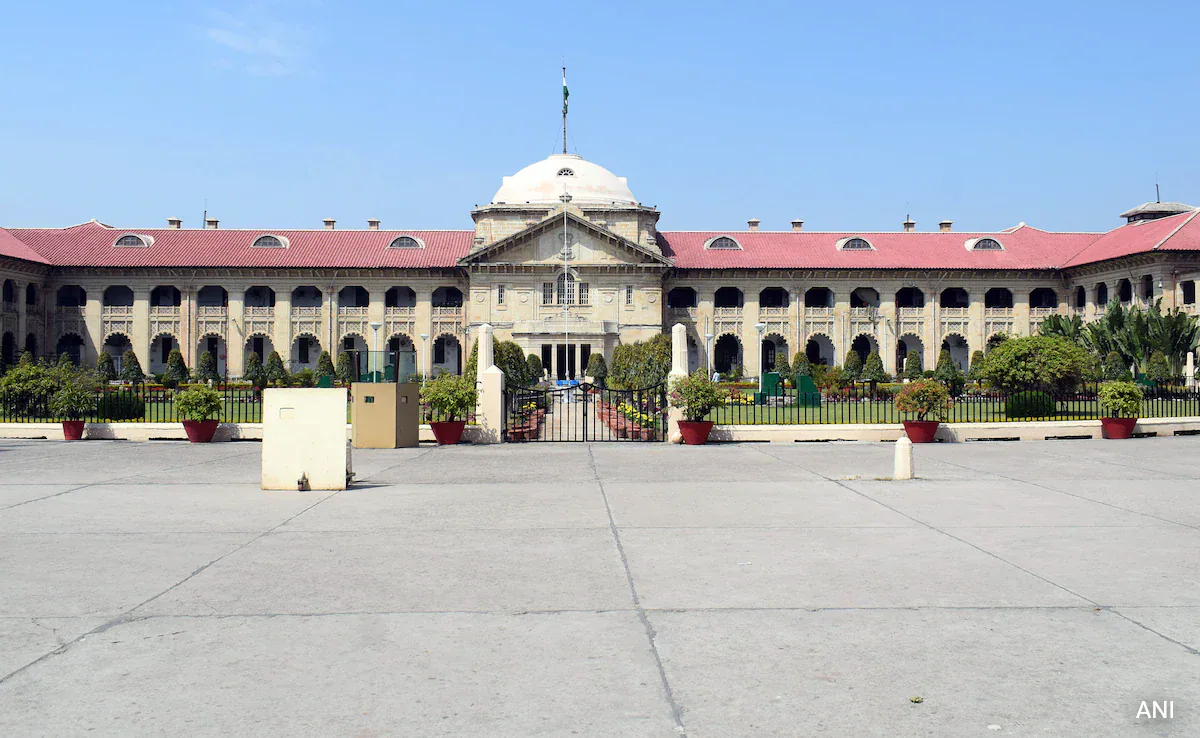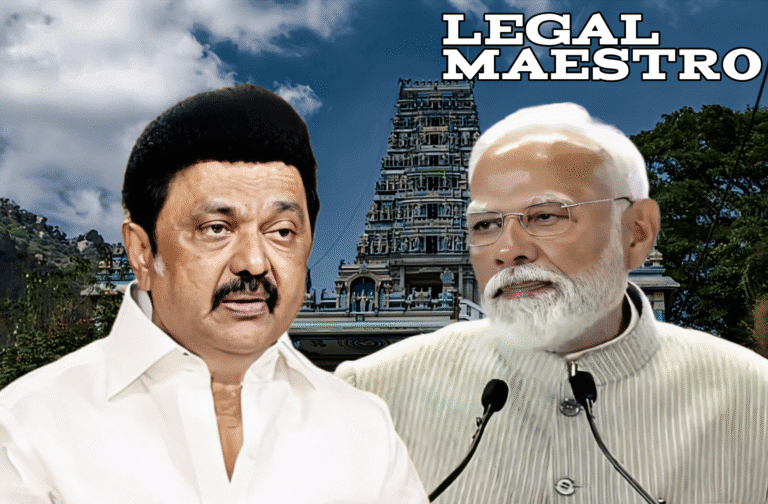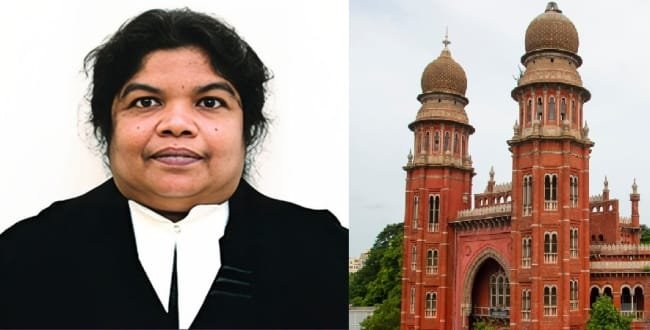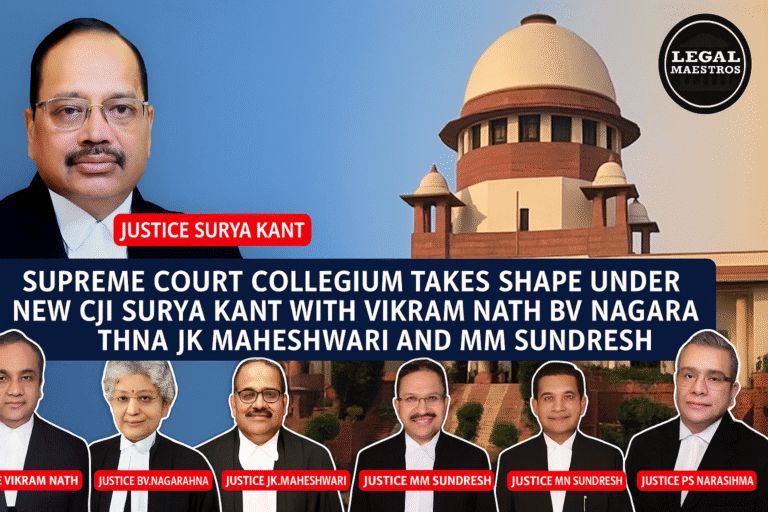
Allahabad high court
Rejanish K.V. v. K. Deepa & Ors.
Introduction
The present appeal arises from a Kerala High Court ruling that invalidated the appointment of a District Judge due to not fulfilling the requirement under Article 233(2) of the Constitution. A three-judge bench of the SC comprising of the honorable Chief Justice B.R. Gavai, and Justices Vinod Chandran and N.V. Anjaria referred the matter to a five-judge Constitutional bench due to the pertinent question of how Article 233(2) is to be interpreted.
For any queries or to publish an article or post or advertisement on our platform, do call at +91 6377460764 or email us at contact@legalmaestros.com.
Factual Matrix
The appellant, Rejanish K.V. was a practicing lawyer for over seven years before he applied for the post of District Judge. During the recruitment process, he received an offer to be Munsiff-Magistrate, which he accepted and joined in 2017. When his appointment for the post of District Judge was later confirmed in 2019, he resigned his post as Magistrate and assumed the position of District Judge. However, his appointment was challenged by another candidate on the basis of the requirement that an advocate applying for the position of District Judge via the Bar quota must be active in practice until the date of appointment.
The other candidate argued before the High Court that the appointment violated Article 233(2) as well as the binding precedent of Dheeraj Mor v. High Court of Delhi. The respondent contended that he had completed the requirement of 7 years of service and was in active practice when he first applied. He stated that he not only resigned from judicial service before taking the position of District Judge, but also complied with relevant State rules and referred to multiple appointments that had been made by a similar process across the country.
The three0judge bench noted that different States have different processes of recruitment and the precedent referred by the petitioner has affected multiple appointments across the country. This matter raises an important question as to how Article 233(2) is to be interpreted and hence, formally referred the matter to a constitutional bench, which would convene soon.
Analysis of Article 233(2)
A bare reading of Article 233(2) only specifies that a person who’s not in service of the Union or of the State shall only be eligible to be appointed a district judge if he has been an advocate or a pleader for not less than seven years, and is recommended by the High Court for appointment. This clause is generally used for members of the Bar being elevated to the level of District Judge.
The Binding Precedent
The case of Dheeraj Mor mandates that an advocate applying through the Bar quota must be active in the practice of an advocate till the date of appointment. However, this requirement cannot be inferred via a bare reading of Article 233(2) and needs to be read separately without Article 233(2). The appellant also states that he resigned from his judicial service before he took up the position of District Judge, his appointment complied with all relevant State rules, and there were several appointments made across the country in a similar manner.
Conclusion
The above issue clearly raises a question of how Article 233(2) is to be interpreted and hence, warrants for a five-judge constitutional bench to be constituted which can clear up the confusion surrounding the appointment of a District Judge via the Bar quota.







